Reconciliation with Creation
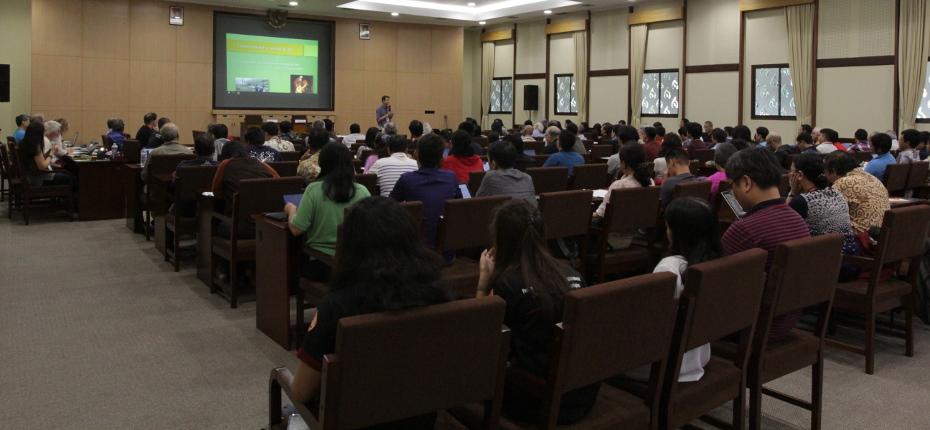
A new way of being a Jesuit conference
One might have thought they would be exhausted after two long days of immersion, talks and group work, but the third and final day of...read more
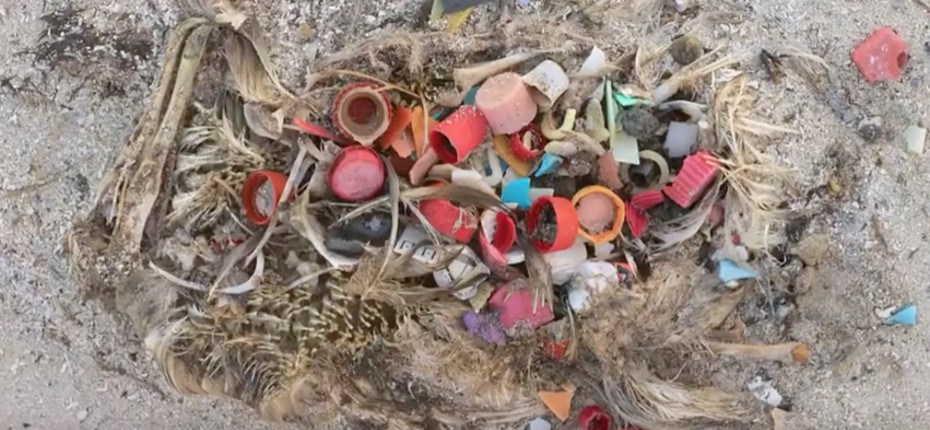
Giving up plastic straws in response to Laudato si’
When the Jesuits in Cambodia gathered for the usual days of prayer, discussions and celebrations in honour of St Ignatius this year, one interesting outcome...read more
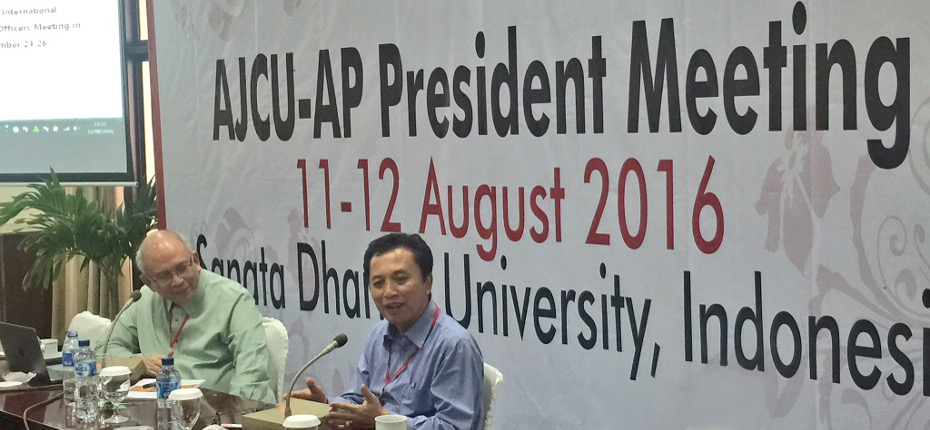
Jesuit colleges and universities commit to promoting institutional collaboration on sustainability in Asia Pacific
The Jesuit focus on sustainability in Asia Pacific is gaining momentum. Just two days after the Jesuit Conference of Asia Pacific’s first sustainability conference, the...read more
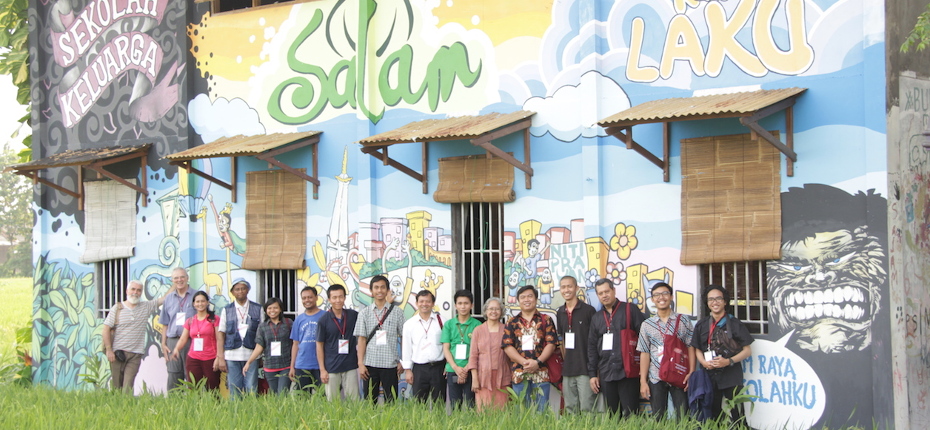
Sustainability in the youth
Small-scale farming and indigenous practices in the uplands of Asia are not very sustainable and a great majority of the youth wants out. Given the...read more
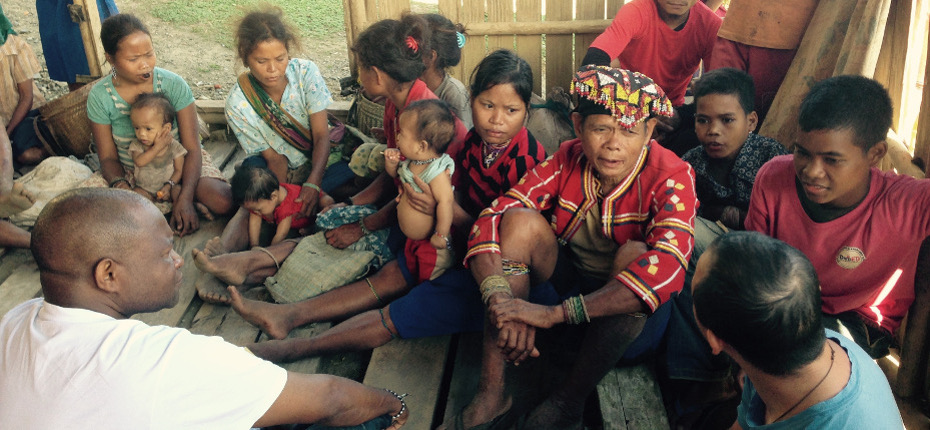
Learning from Indigenous Peoples about the sacredness and sustainability of nature
The ecological crisis, the globalised call for environmental stewardship promulgated in Laudato si’ and the 2015 UN Conference on Climate Change in Paris have brought...read more

A reflection on the forest walk
The experience of walking through the forest helped to set the scene of the JCAP Reconciling with Creation Reflection Workshop by immersing us in nature...read more
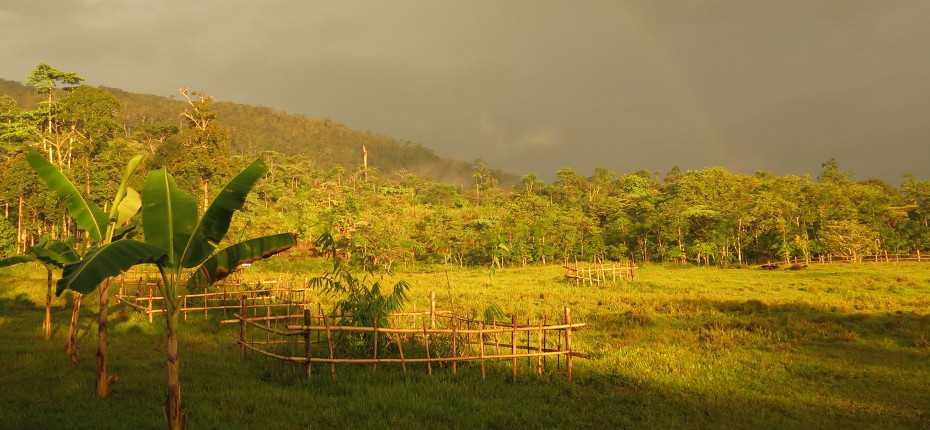
Renewing life and mission in ecology
It meant three days with no Internet connection or cellular phone signal, but 35 people from 10 countries within the Jesuit Conference Asia Pacific (JCAP)...read more
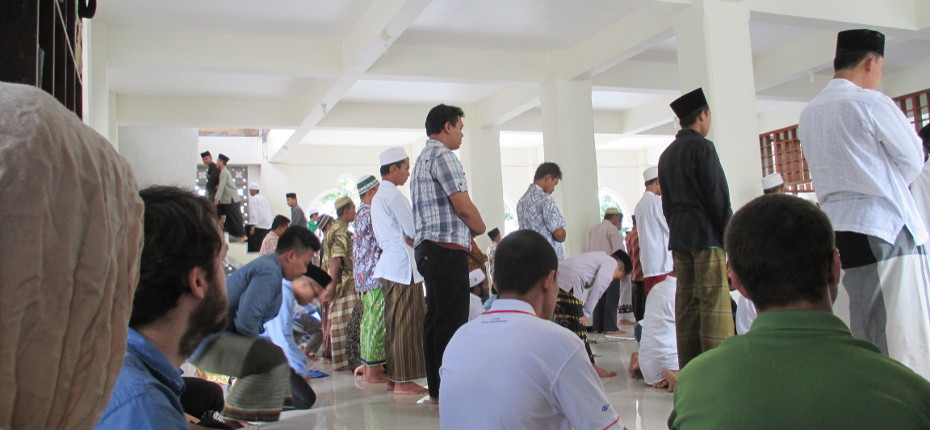
Islamic principles for sustainability and the environment
The environmental problems we face today are complex and the Church’s concern is shared by other faiths. In Islam, for example, we can find some...read more
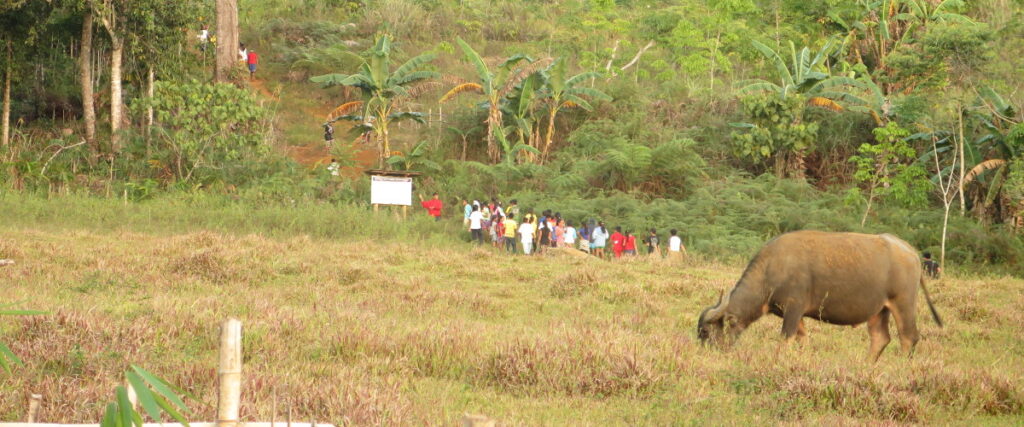
Transforming lifestyles for greater social and environmental action
Jesuits and colleagues in the Asia Pacific region are gathering in the Philippines next month to discuss and share how transformed lifestyles are moving a...read more
